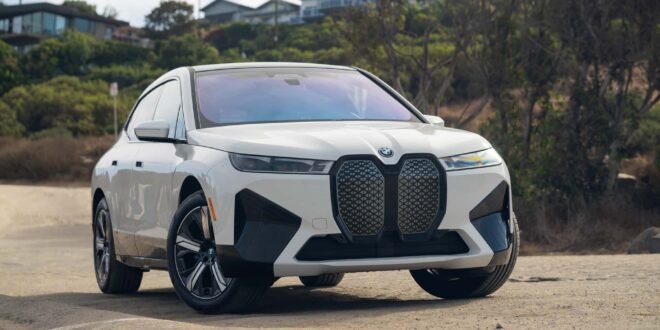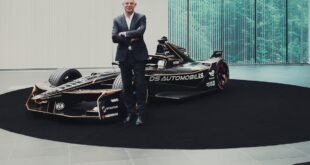BMW Group’s Electrified Vehicle Sales Defy Critics
Despite initial skepticism from critics, the German automotive group BMW has continued to demonstrate strong performance in the electric vehicle (EV) market. While some doubted the company’s decision to invest heavily in EVs and plug-in hybrid electric vehicles (PHEVs), the sales figures tell a different story. The company’s global sales numbers declined in the first half of the year, but its electrified vehicle sales saw significant growth, helping to offset the overall drop.
In the second quarter of 2025, the BMW Group reported a 10.2% increase in electrified vehicle sales compared to the same period in 2024. This brought the total to 161,462 units. Over the first six months of the year, electrified vehicle sales rose by 18.5%, reaching 318,949 units. These results highlight the company’s commitment to transitioning toward sustainable mobility.
Growth in Electric and Plug-In Hybrid Vehicles
The i4 model has emerged as one of the best-selling electric vehicles for BMW. Its success is part of a broader trend within the company, where both all-electric and PHEV models have seen notable increases in sales. In the second quarter, all-electric vehicle sales reached 111,027 units, marking a 2.9% year-over-year increase. For the first half of 2025, total EV sales totaled 220,540 units, up 15.7% compared to the previous year.
Plug-in hybrids, however, experienced even more dramatic growth. The BMW brand sold 98,339 PHEVs in the first half of the year, a 28.9% increase from the previous year. This surge in demand for PHEVs shows that customers are increasingly looking for flexible options that combine the benefits of electric driving with the convenience of a gasoline engine.
Performance Across Brands
While the overall sales for the BMW brand declined slightly, other parts of the BMW Group performed well. The Mini brand, for example, recorded a 33.1% increase in sales during the second quarter, with 69,163 units sold. Over the first half of the year, Mini sales increased by 17.3%, reaching 133,778 units. Notably, one in three new Minis sold was an electric vehicle, contributing significantly to the group’s EV sales growth.
On the other hand, Rolls-Royce saw a slight decline in sales. The luxury brand sold 2,796 units in the first half of 2025, a 6.3% decrease compared to the previous year. However, it’s important to note that Rolls-Royce operates in a niche market, where high prices and low volumes are typical. The Spectre EV, which marks the brand’s entry into the electric segment, continues to be a key focus for the company.
Future Outlook
Looking ahead, BMW’s EV sales are expected to grow even further. Starting next year, the company will introduce the Neue Klasse models, beginning with the iX3 crossover. These vehicles will be built on a new 800-volt architecture, offering charging speeds of over 400 kilowatts and a driving range of up to 560 miles on a full charge. This technological advancement is set to strengthen BMW’s position in the competitive EV market.
As the automotive industry continues to shift toward electrification, companies like BMW are proving that strategic investments in EVs can lead to long-term success. With strong sales performance and innovative new models on the horizon, the German automaker is well-positioned to maintain its leadership in the transition to sustainable mobility.
 Info Malang Raya Its All About World News
Info Malang Raya Its All About World News



